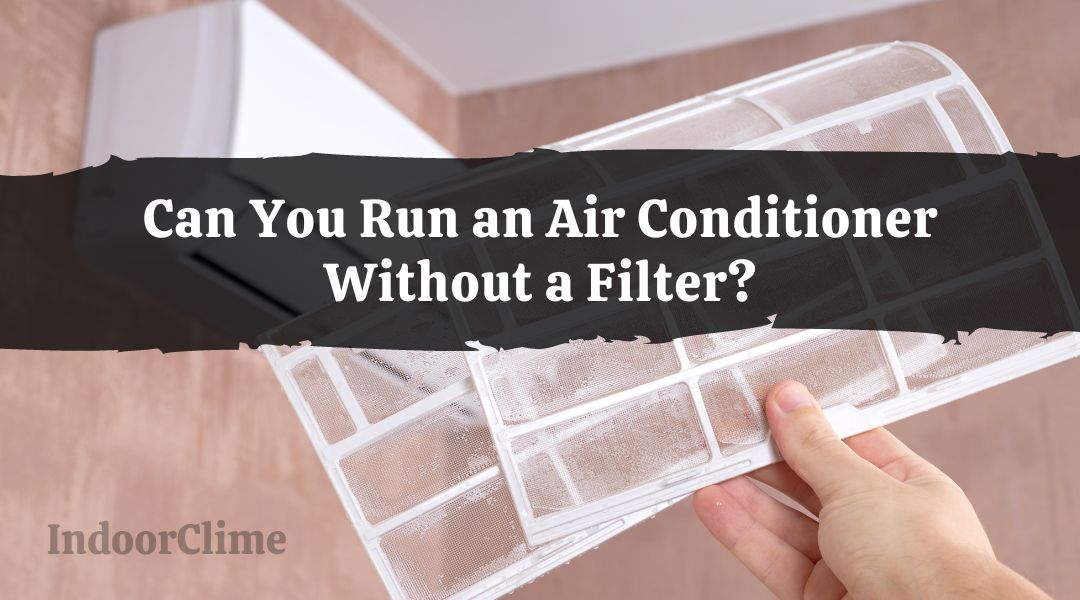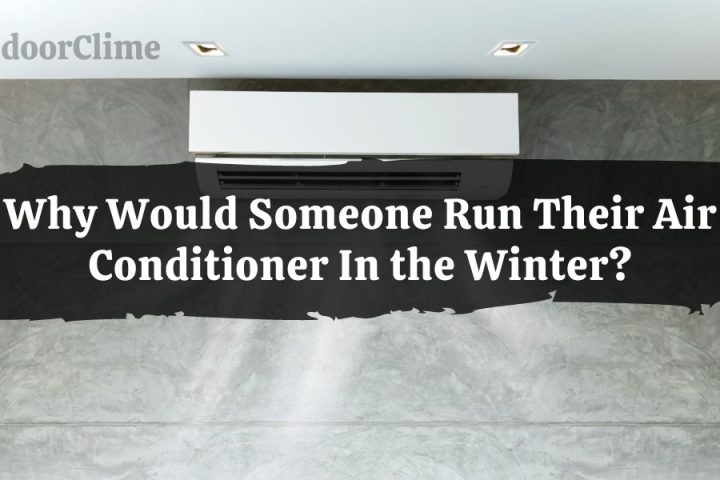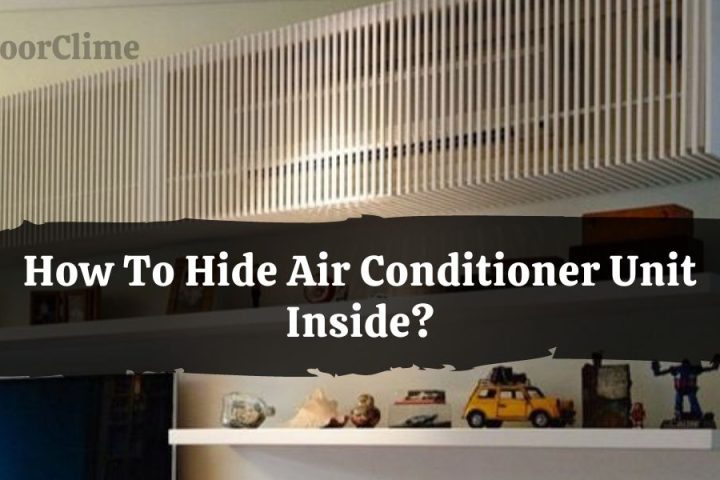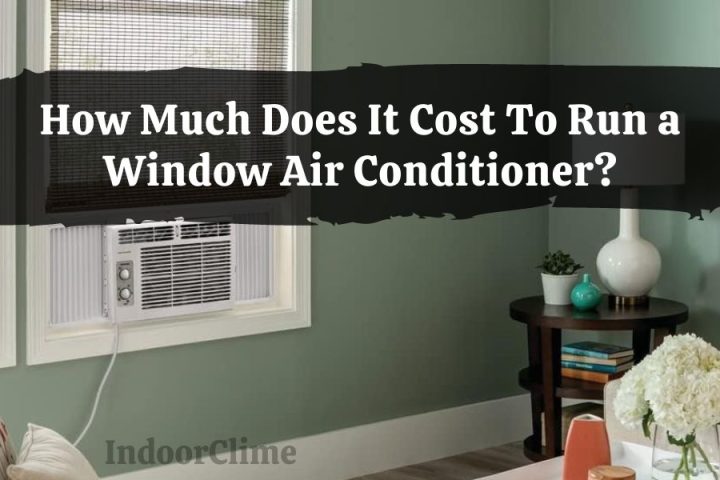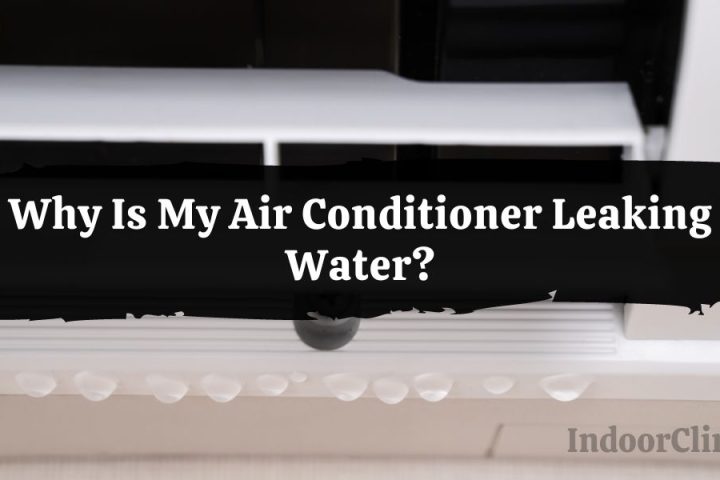Air conditioners have become a necessity in most parts of the world, especially during summer.
While there are many benefits to using an air conditioner, one of the most important is that it helps keep you cool and comfortable.
But your unit may require maintenance, including air filters, after some time.
Your air conditioner can run without an air filter, but it is not advisable. An air filter cleans the air that circulates through your unit and helps remove dust, pollen, and other allergens.
Without a filter, these particles will eventually build up on the coils and cause your unit to work less efficiently.
What Does an AC Filter Do?
Ambient air contains contaminants that might be harmful to your health. Adding an air filter to the air conditioner’s unit prevents these pollutants from entering and recirculating your house.
The air filter also helps extend the life of your air conditioner by preventing dust and dirt from building up on the coils.
Over time, this build-up can cause your unit to work less efficiently and eventually break down.
An air filter improves the air quality in your home, but it also helps keep your air conditioner operating at its best.
Another purpose of an air filter in the AC system is to protect the coils and prevent them from clogging.
The coils transfer heat from the air inside your home to the outside air. If the coils become clogged with dirt and dust, they will not be able to do their job correctly, which can lead to several problems, such as:
– Reduced airflow
– Poor cooling performance
– Higher energy bills
– Short cycling (when the AC unit turns on and off more frequently than average)
– Ice build-up on the coils
If you continue to run your air conditioner without an air filter, your unit will have to work harder to cool your home, leading to higher energy bills and decreased lifespan.
Repair and maintenance of using air conditioners without filters can get expensive.
HVAC technicians usually charge $75 to $200 per hour, which could take one to two hours to clean the coils. Sometimes, you may need to replace the entire air conditioning unit.
While you can technically run your AC without an air filter, it’s not advisable. Air filters play an important role in keeping your unit safe and running smoothly throughout usage.
Can You Run an Air Conditioner Without a Filter?

If your air conditioner has been running for quite some time now, it may be due for cleaning or maintenance.
HVAC units like air conditioners require filters to help remove contaminants from the air, and these filters also play an essential role in keeping the coils clean.
If you don’t have a filter, your AC will still function, but it won’t be as effective in cooling your home and filtering the air.
Additionally, not having a filter can cause ice to build upon the coils, leading to multiple issues.
It’s best to check your air filter regularly and replace it to keep your unit running smoothly. Ideally, air conditioner units must be maintained yearly to avoid serious problems.
You can have it cleaned twice yearly, preferably before the cooling season.
If you’re unsure how to do this, it’s always best to consult a professional HVAC technician. They will be able to properly assess your unit and determine what needs to be done, including checking the air filters.
Some HVAC units contain several air filters to keep contaminants away. Allergens like pollen, dust, and pet dander can quickly build up and circulate through your home if the air filter isn’t changed regularly.
If you use an air conditioner without any air filters for a long time, the condenser and evaporator coils will become clogged.
As a result, the AC unit will work less efficiently and use more energy, leading to higher electricity bills.
Additionally, not having an air filter can cause ice to form on the evaporator coils. This ice build-up can restrict airflow and prevent the AC unit from cooling your home correctly.
Ice build-up in the condenser and evaporator coils can become a severe problem if not addressed immediately.
Once the coils are frozen, they will not transfer heat properly and cause the AC unit to overwork.
Using an inefficient air filter leads to shorter equipment lifespan and expensive repairs for many AC unit owners.
If you don’t have an air filter for your AC unit, we recommend buying one as soon as possible.
What Problems Can Arise from Running AC Without a Filter?

As mentioned, running an AC without an air filter can cause severe problems, such as:
Reduced airflow
Because of how an AC works, reducing airflow by not having a filter can cause the evaporator coils to freeze, restricting airflow even more and making it harder for your unit to do its job.
Poor cooling performance
If your AC doesn’t have a filter, the coils will eventually become clogged with dust and dirt. This will make it harder for your air conditioner to cool the air, leading to poor cooling performance.
Higher energy bills
If your AC works harder than it needs to because of a lack of airflow, it will use more energy, leading to higher electricity bills.
Short cycling
The coils can freeze when an AC unit doesn’t have a filter, and this can cause the AC unit to turn on and off more frequently, known as short cycling.
Short cycling stresses the AC unit unnecessarily and can lead to costly repairs.
Ice build-up on the coils
Ice build-up happens around the coils when the AC is turned on and off frequently. This can restrict airflow and cause your AC unit to work less efficiently.
These problems can be avoided by simply changing your air filter regularly. If you’re unsure how often to change your air filter, consult a professional HVAC technician to discuss your options.
What Happens If You Don’t Change Air Conditioner Filter?
Air conditioner filters are meant to be changed every few months or needed. However, many problems will arise if you don’t change your air conditioner filter.
Clogged filters tend to cause your AC unit to work harder, leading to a shorter lifespan and expensive repairs.
Not changing your air filter can also cause the coils to freeze, restricting airflow and preventing the air. conditioner unit from cooling your home correctly.
To avoid these problems, change your air filters according to the manufacturer’s instructions.
If you’re unfamiliar with this, ask your trusted HVAC technician to help you find a suitable air filter replacement.

